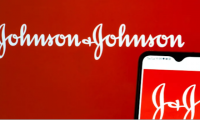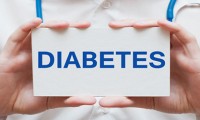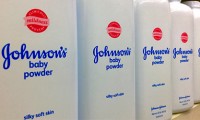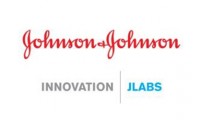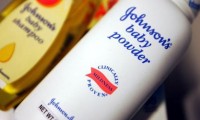-
Johnson & Johnson inks another Stelara patent settlement, this time with Alvotech and Teva
- Source: drugdu
- 123
- June 14, 2023
-
Johnson & Johnson, Legend file for expanded use of Carvykti after key trial win
- Source: drugdu
- 107
- June 9, 2023
-
Johnson & Johnson’s Balversa tops chemotherapy in bladder cancer trial
- Source: drugdu
- 171
- June 7, 2023
-
Johnson & Johnson consumer health unit valued at $40 billion ahead of IPO, report says
- Source: drugdu
- 155
- May 3, 2023
-
Johnson & Johnson’s PARP combo nabs first global nod but faces tough fight against AZ, Merck’s Lynparza
- Source: drugdu
- 125
- May 3, 2023
-
Johnson & Johnson under Justice Department Scrutiny for Funding Iraqi Terrorism
- Source: FiercePharma
- 557
- August 6, 2018
-
Johnson & Johnson Sells Calibra Diabetic Product to Cequr
- Source: MobiHealthNews
- 823
- July 19, 2018
-
Johnson & Johnson Wins Once Again in Talc Powder Case
- Source: FiercePharma
- 757
- July 5, 2018
-
Johnson & Johnson Innovation Opens JLABS @ NYC In SoHo
- Source: Pharmaceutical Online
- 741
- June 27, 2018
-
Johnson & Johnson Embroiled In Cancer Trial
- Source: CNBC
- 665
- June 8, 2018
your submission has already been received.
OK
Subscribe
Please enter a valid Email address!
Submit
The most relevant industry news & insight will be sent to you every two weeks.




